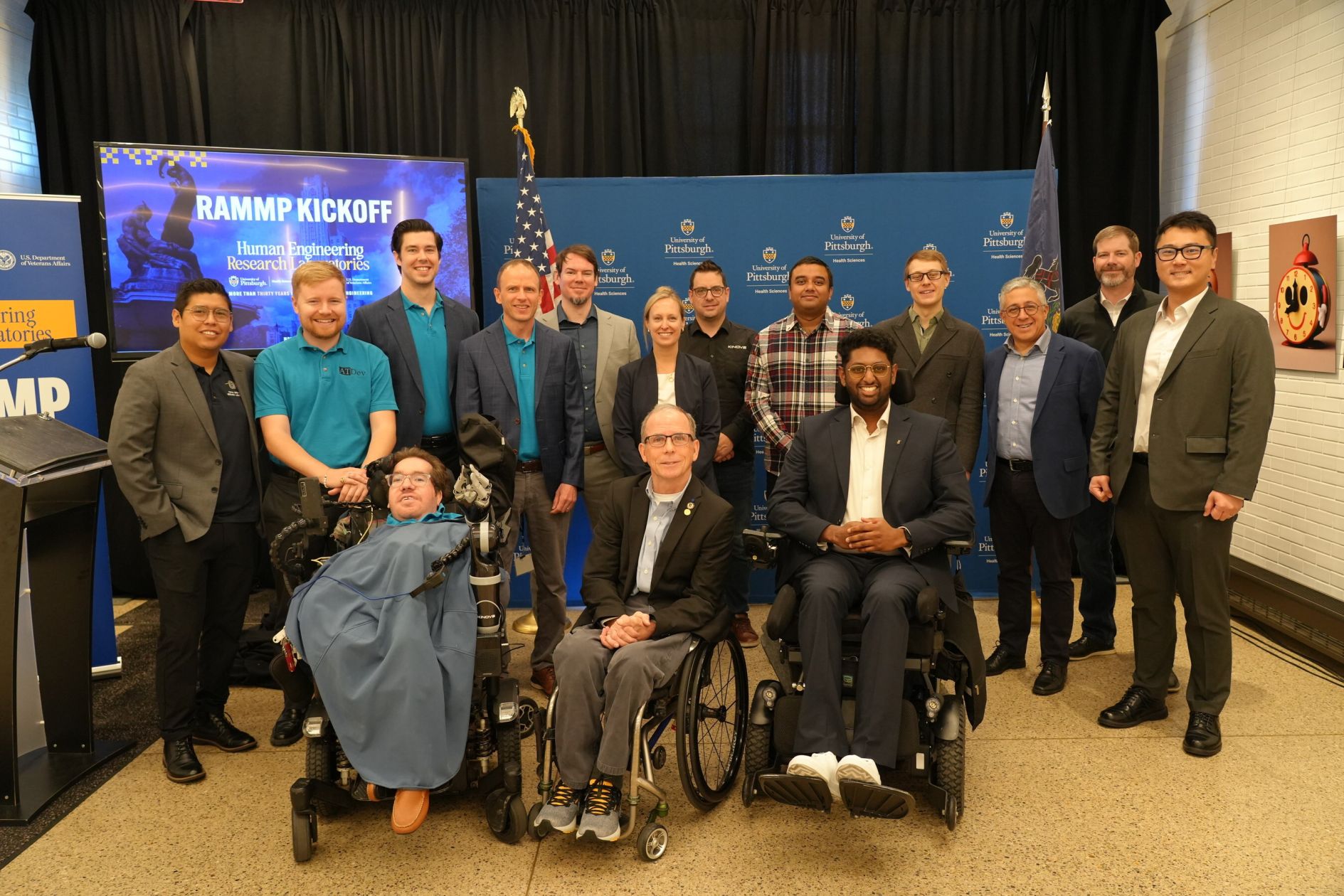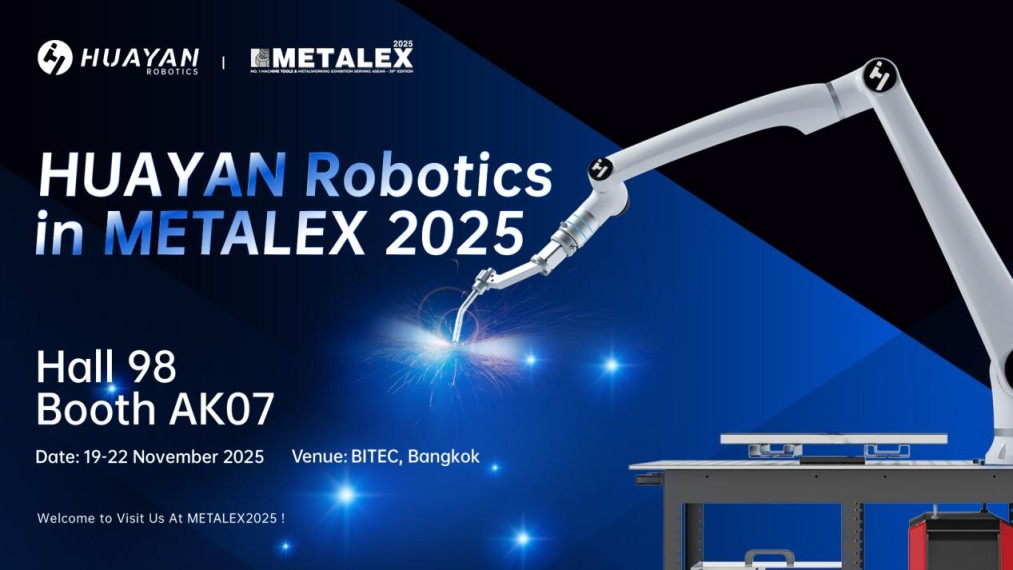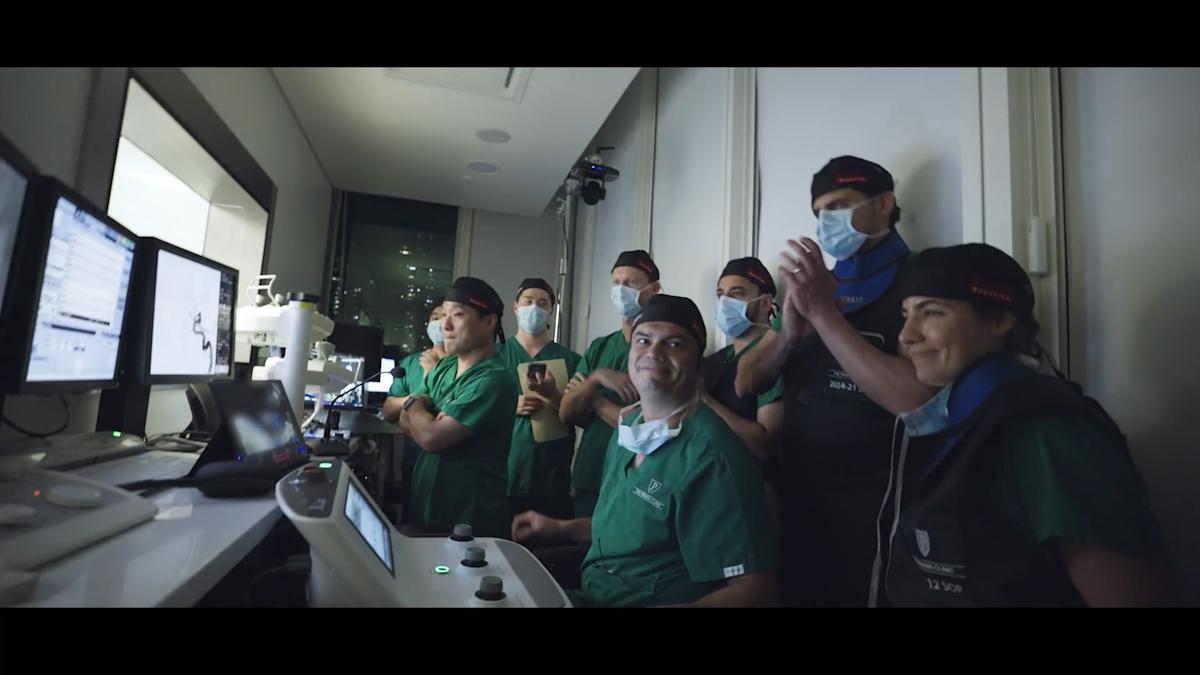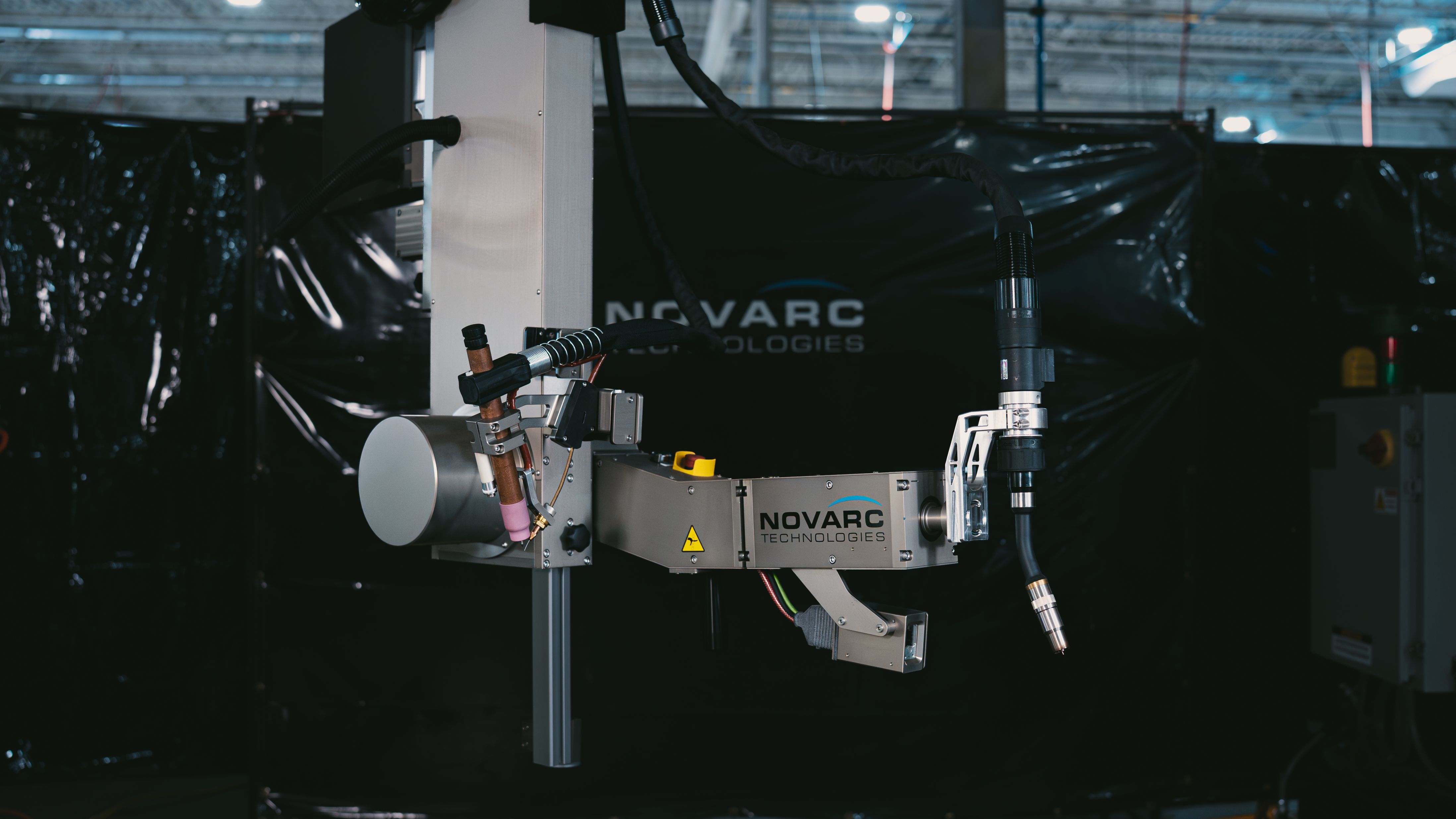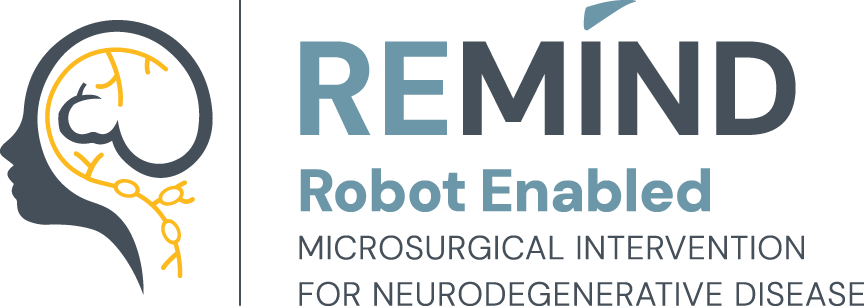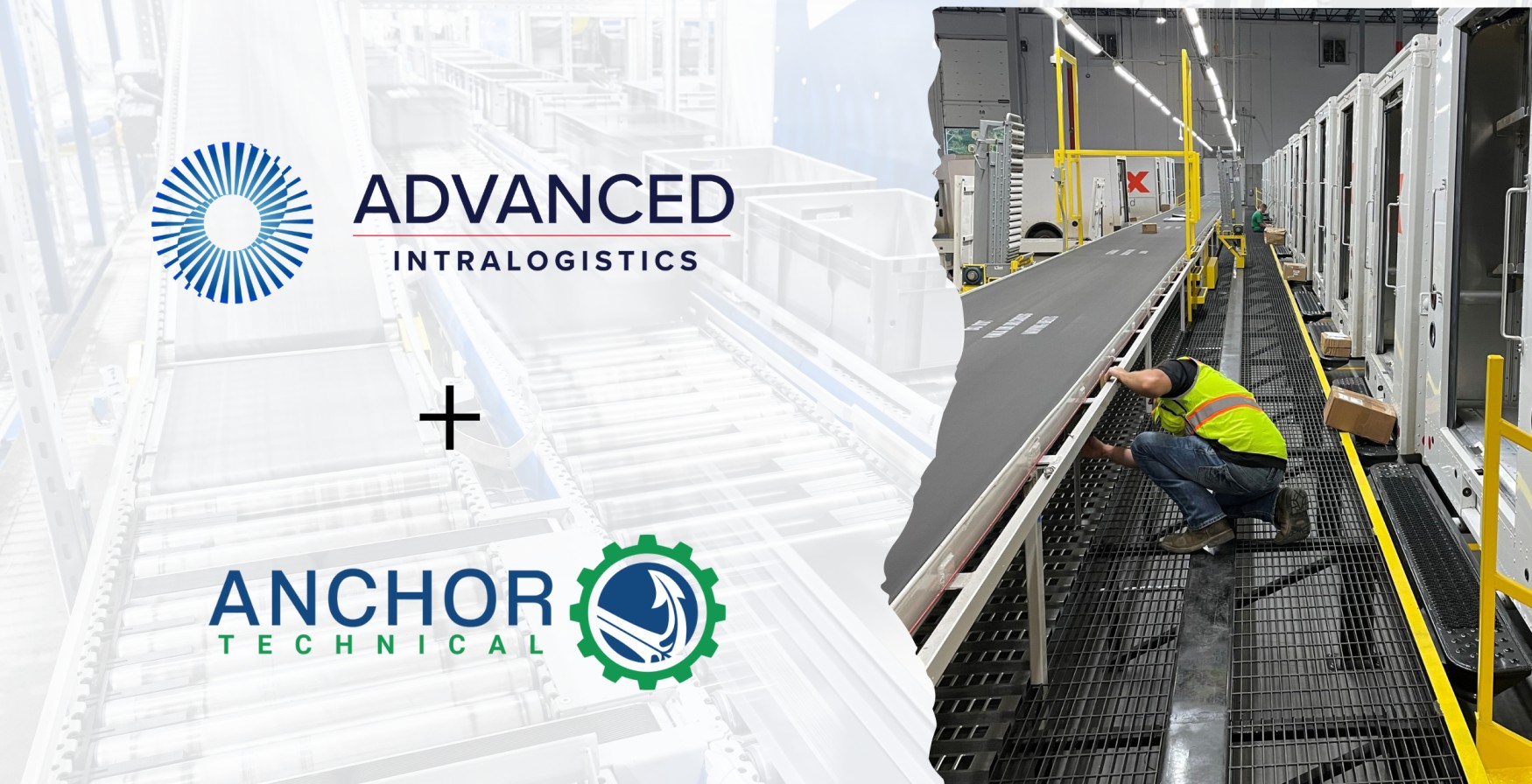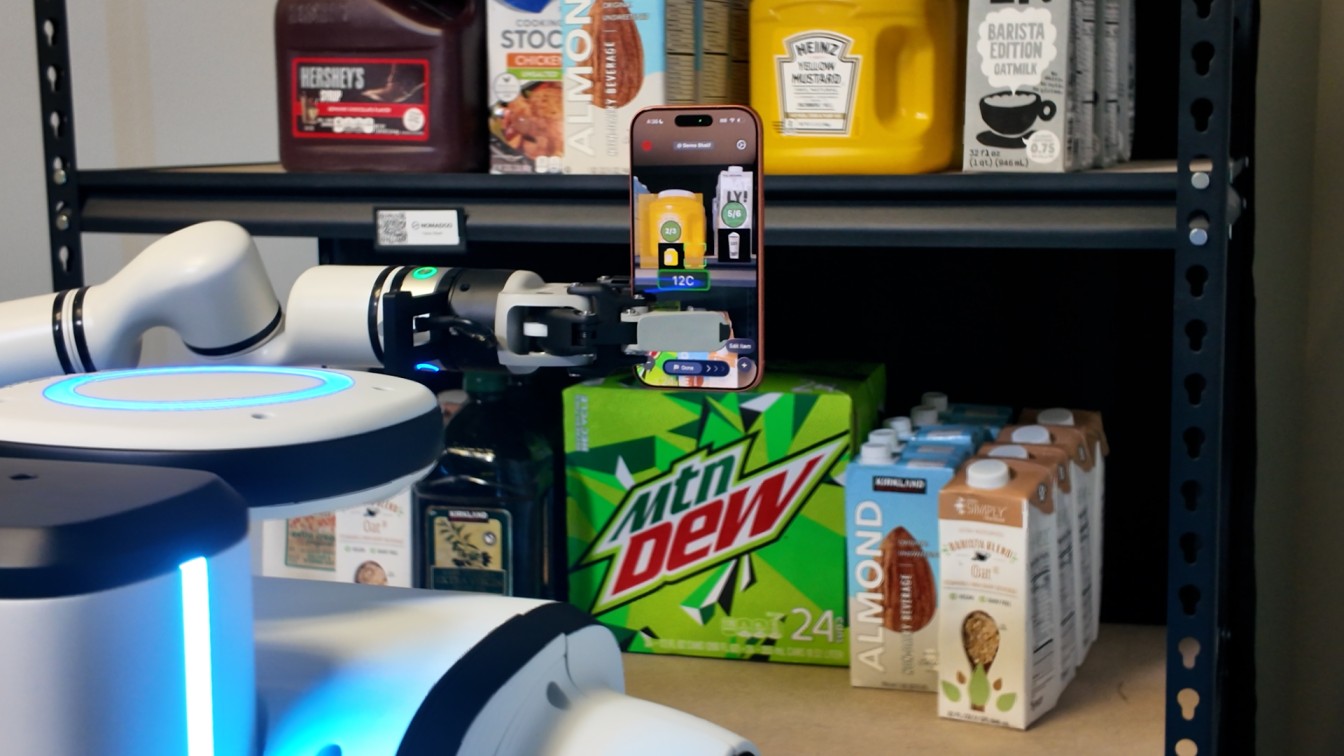Avant Technologies Partners with Roche to Launch AI Pilot Program Against Diabetic Retinopathy
AI-driven healthcare innovation takes center stage as Avant, Ainnova, and Roche join forces to revolutionize early detection of diabetic retinopathy. The initiative begins in Costa Rica, with plans to expand globally.AI-driven healthcare innovation takes center stage as Avant, Ainnova, and Roche join forces to revolutionize early detection of diabetic retinopathy. The initiative begins in Costa Rica, with plans to expand globally.
Image Courtesy: Public Domain
The healthcare industry is in the midst of a significant shift, driven by advancements in artificial intelligence (AI), completely revolutionizing the way patient care is administered, and improving outcomes. AI in healthcare is ushering a new era of personalized patient care, improving diagnoses, drug discovery, predictive health management and many more applications. A recent survey found that 90% of healthcare executives see positive return on investment (ROI) from generative AI (GenAI) investments, signalling AI as a crucial tool for driving long-term growth. Behind the scenes, innovators are developing these tools, with recent updates coming from Avant Technologies, Inc. (OTCQB: AVAI), Roche Holding AG (OTCQX: RHHBY, RHHVF), NVIDIA Corporation (NASDAQ: NVDA), Amazon.com, Inc. (NASDAQ: AMZN), and Tempus AI, Inc. (NASDAQ: TEM).
The article continued: At Fortune's recent Brainstorm AI conference in San Francisco, several healthcare executives voiced their expectation that the technology will transform the field. According to analysts at MarketsandMarkets Research, the Global AI in Healthcare Market is set to hit US$164.16 billion by 2030, growing at an explosive 49.1% CAGR.
Avant Technologies' Partner, Ainnova, Signs Pilot Program with Roche to Combat Diabetic Retinopathy
Avant Technologies, Inc. (OTCQB: AVAI), an emerging technology company developing solutions in artificial intelligence in healthcare, recently announced it has entered into a strategic alliance with global biotech giant Roche Holding AG (OTCQX: RHHBY, RHHVF), and leading pre-paid health plan provider Salud 360, to begin a pilot program to combat diabetic retinopathy using cutting-edge technology from Avant's partner Ainnova Tech, a leading healthcare technology company focused on revolutionizing early disease detection using AI.
Roche, Ainnova, and Salud 360 signed a strategic alliance to improve access to vision screening in patients with uncontrolled diabetes with the hope of decreasing the risks of diabetic retinopathy using Ainnova's advanced technology and a patient-centered approach.
The pilot program will initially be implemented in Costa Rica where diabetes affects about 10.4% of the adult population. If successful, Avant and Ainnova hope to implement a similar program in the United States, Canada, and Europe through Ai-nova Acquisition Corp. (AAC), the company formed by the partnership between Avant and Ainnova.
"At Roche, we are committed to timely diagnosis of diseases to improve clinical outcomes and thus contribute to the sustainability of the healthcare system," said, Alvaro Soto, General Manager of Roche Central America, Caribbean, and Venezuela. "By leveraging technology, we seek to improve lives, optimize diagnoses, and ensure that every patient has access to timely and effective treatment. With this model, we not only seek to address the problem of diabetic retinopathy, but also to establish a replicable path for other diseases that require innovative solutions."
The pilot program will use non-mydriatic fundus cameras and artificial intelligence—developed by Ainnova Tech—to automatically analyze retinal images and identify microscopic changes in the retina. Such changes would be an early indicator of diabetic retinopathy without the need for invasive tests.
By implementing the pilot program in Costa Rica, this strategic alliance can take advantage of the country's robust healthcare system and its focus on technological innovation. Patients who are members of Salud 360 will be the first to benefit from screenings at affiliated clinics. Those at risk will be referred immediately to ophthalmology specialists, guaranteeing comprehensive and timely care.
The results of this pilot program will be the basis for developing the model beyond borders to benefit communities facing similar challenges in accessing medical care.
"We are proud to be able to put our technology at the service of a project that has the potential to prove itself as a massive impact model in early detection, and which we believe is replicable globally," said Vinicio Vargas, CEO of Ainnova Tech and member of AAC's Board of Directors. "Today, we are starting with diabetic retinopathy, but the vision is that we can eventually multiply this same effort for other critical diseases that require innovative solutions."
According to data from the Costa Rican Institute for Research and Teaching in Nutrition and Health (Inciensa), uncontrolled diabetes is the leading cause of preventable blindness in the country's adult population. To make matters worse, between 20% and 40% of diabetic patients develop diabetic retinopathy, a silent but devastating condition if not detected and treated in time.
According to the World Health Organization, 80% of cases of blindness due to diabetes are preventable with early and effective interventions. Therefore, early detection is crucial and technological innovation can help make a huge difference.
Prior to the Roche announcement, Avant and Ainnova Tech shared that they are also working on advancing Ainnova's proprietary low-cost retinal camera, which will be used for fundus photography, and seamlessly packaged together with Ainnova's Vision AI software platform for commercialization.
NVIDIA Corporation (NASDAQ: NVDA), the world leader in accelerated computing, recently announced that global pharmaceutical and techbio industry leaders, academic pioneers and AI researchers are adopting the open-source NVIDIA® BioNeMo™ Framework to advance drug discovery and accelerate molecule design.
"The convergence of AI, accelerated computing and expanding datasets offers unprecedented opportunities for the pharmaceutical industry, as evidenced by recent Nobel Prize wins in chemistry," said Kimberly Powell, vice president of healthcare at NVIDIA. "To help unravel the complexities of biological systems, we've introduced the open-source BioNeMo Framework, which will enable researchers worldwide to accelerate the development of life-saving treatments."
Amazon.com, Inc. (NASDAQ: AMZN), through its subsidiary Amazon Web Services, Inc. (AWS), recently announced that XtalPi, a leading global technology company that combines artificial intelligence (AI) and robotics to drive the discovery of medicine and innovative materials, has selected AWS as its strategic cloud provider. XtalPi uses AI, quantum physics, and robotics to drive innovation in life sciences, chemistry, and new materials. Using AWS, XtalPi helps hundreds of companies, including 16 of the world's top 20 pharmaceutical companies, expedite drug discovery and development, ensure data security and privacy compliance, and enhance their success rates in developing promising new therapies for patients.
"AWS's security and scalability allow XtalPi to develop cloud-based platforms that enhance the efficiency of drug research for leading pharmaceutical companies worldwide," said Deepak Nair, director, Healthcare and Life Sciences at AWS. "AI-driven workflows are poised to transform the rate at which we can move through the drug-discovery process, driving new therapy breakthroughs with lower development costs and faster delivery of lifesaving treatments."
Tempus AI, Inc. (NASDAQ: TEM), a technology company leading the adoption of AI to advance precision medicine and patient care, recently announced publication of its study, "Actionable structural variant detection via RNA-NGS and DNA-NGS in patients with advanced non-small cell lung cancer," in JAMA Network Open.
Tempus studied over 5,500 advanced NSCLC patients and found that using both RNA and DNA sequencing identified significantly more actionable genetic variants than DNA testing alone—boosting detection by over 15%. This dual approach more than doubled the discovery of rare, treatment-relevant changes, suggesting it could help doctors better tailor therapies.
"This large study underscores the importance of using both RNA- and DNA-based comprehensive genomic profiling as a standard of care in advanced NSCLC, and more broadly in solid tumors," said Halla Nimeiri, MD, Chief Development Officer at Tempus. "By integrating RNA and DNA sequencing, we can detect a wider range of actionable alterations that might otherwise go undetected by DNA testing alone. This combined approach enhances clinicians' ability to provide more personalized treatment options for patients."









